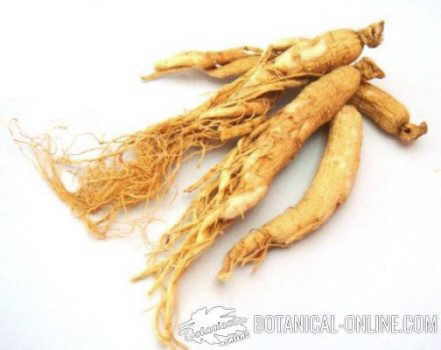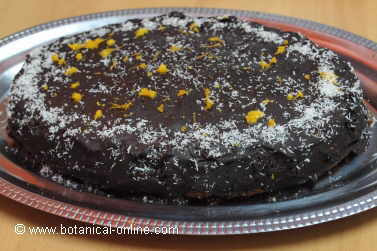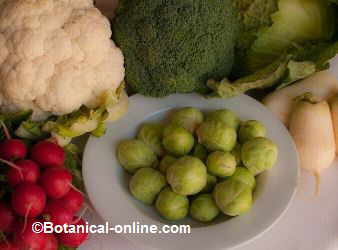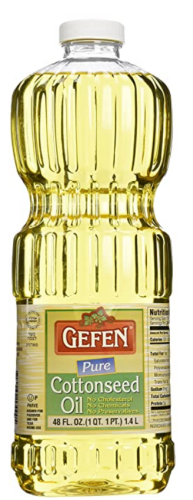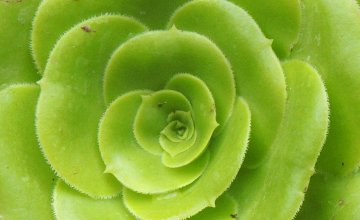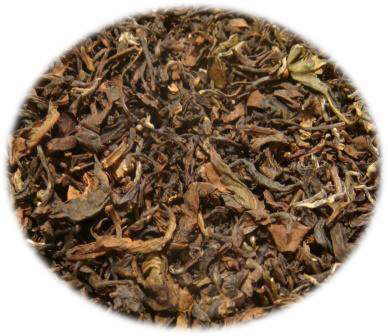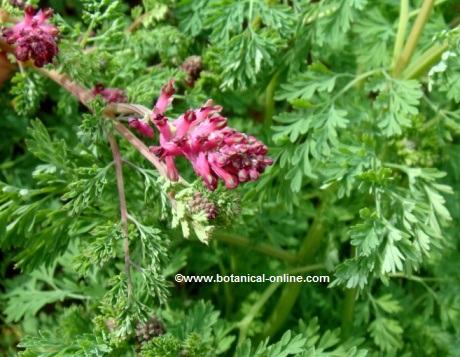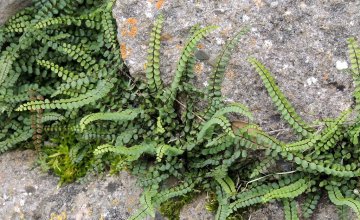Contents
Herbal remedies for stomach ulcers
Phytotherapy: Medicinal plants remedies for stomach ulcer
The role of phytotherapy in treating gastric ulcers is to use plants that can help improve the treatments prescribed by your doctor. This plants will accomplish the following purposes:
– Anti acid plants to eliminate excessive acidity.
– Anti inflammatory plants that reduce mucosal inflammation
– Bactericidal plants to eliminate the bacteria causing stomach ulcers.
– Antispasmodic plants to reduce stomach spams
Medicinal plants for stomach ulcers
Among all the possible plants, the most important ones are:
– Cabbage (Brassica oleracea) Because of its glutamine content, cabbage is one of the best natural antacid and some of the best remedies for healing gastrointestinal ulcers (Crush some leaves or grind them in a blender and drink ten tablespoons a day of fresh cabbage juice, divided in 4 or 5 times. It can be sweetened to make it more enjoyable)
– Turmeric (Curcuma longa) (turmeric extract capsules, from 1.5 to 3g daily. You can buy buy empty capsules or tablets at the pharmacy and fill turmeric powder. Enter turmeric in your recipes (in purees, sauces, omelets, soups,…) (Add turmeric powder at the end of the preparation, 1-3 minutes before turning off the fire)
– Chamomile: (Matricaria chamomilla) Because of its antiseptic properties and for its protective and restorative condition of the gastric membrane, it is very suitable in all those conditions in which some organ of the digestive system is affected. (Infusion of a spoonful of dried flowers per cup of water. Take 2 to 3 cups per day before meals)
– Licorice (Glycyrrhiza glabra) The root of this plant has antispasmodic and anti-inflammatory properties of the gastric mucosa. (Infusion of a teaspoon of crushed dried root per cup of water. Take 2-3 cups a day.)
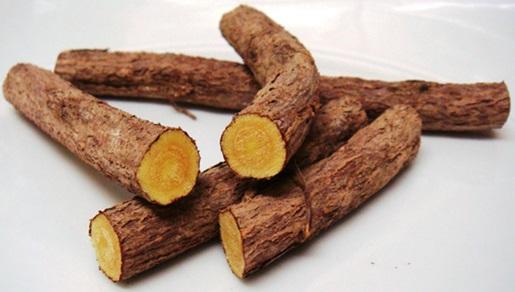
Licorice
However, preparations with DGL licorice (licorice without glycyrrhizin) seem to be more effective to counteract heartburn and neutralize excess of acidity. This property is especially useful for applying treatments in cases where it is required to reduce stomach acid such as heartburn, stomach ulcer, esophageal or mouth sores. (3 Chewing licorice wafers without glycyrrhizin about three times a day) (See toxicity of the plant)
FENUGREEK, A NATURAL “OMEPRAZOLE”Some researchers even suggest that the protective action exerted by glucomannan fiber from fenugreek (Trigonella foenum-graecum) is more effective than omeprazole, providing fenugreek plant great potential against ulcers. (Take fenugreek capsules with a glass of water or a decoction, before each meal) |
– Ginger (Zingiber officinale) Its antibacterial power is ideal to avoid the formation of ulcers by eliminating the Helicobacter pylori, a bacteria whose secretions of ammonia are responsible for many ulcers, especially those of duodenum, and for other stomach problems like gastritis. On the other hand it is a plant able to neutralize the excess of gastric acid that is another of the causes that favors the formation of ulcers. (This food can be added to meals or choose other products made with ginger, as ginger cookies or ginger candies) (Look for contraindications of toxicity in the general study of the plant)
– Moringa (Moringa oleifera): It has been proven that moringa is able to decrease the excess of acid in the stomach by increasing serotonin levels and encouraging the production of bicarbonate and mucus by goblet cells, which are responsible for producing mucus that protects the mucous membranes.
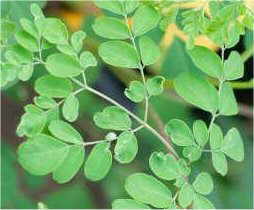
Moringa leaf
– Dragon fruit: It has soluble fiber (mucilage and pectins) with emollient effect of the skin mucous that protects the stomach from gastric juice and acidity.
– Jackfruit (Artocarpus heterophyllus) Jackfruit contains antiseptic, anti-inflammatory and antioxidants substances that help in the healing of stomach ulcers. (Take jackfruit boiled as food)
– Aronia (Aronia melanocarpa) Anthocyanins from aronia protect the gastric mucosa and have slight anti-inflammatory effect (Take an aronia supplement)
– Linden (Tilia x europaea) with antispasmodic properties linden is used in combination with other herbs such as chamomile or orange. (Infusion for 30 minutes of mixed with equal parts of chamomile flowers, lime and orange. 1 teaspoon per cup for. 3 cups per day)
– Aloe (Aloe vera) In cases of inflammation of the stomach, heartburn, gastritis and gastric ulcers the aloe juice has a powerful recovering value for the gastric mucosa and it is a very good cholagogue – able to drain bile. (Tablets or drops, divided throughout the day according to the patient information leaflet. Do not exceed the dose) (See contraindications and toxicity in the general study of the plant)
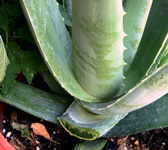
Aloe
– Alfalfa (Medicago sativa) The regular inclusion of alfalfa sprouts in salads improves the health of the stomach wall, being of help in case of stomach ulcers.
– Yarrow (Achillea millefolium) Used to expel flatulence and unswollen mucous membranes, it also prevents spasms of the digestive system. (Half a teaspoon mixed infusion of this plant chamomile and a half. 3 cups per day) (View contraindications in the general study of the plant)
– Violet(Viola odorata) Violet is useful in the treatment of stomach ulcers (Infusion of one teaspoon of dried flowers per cup of water. Drink two cups a day)
– Marshmallow (Althaea officinalis). (Infusion of a teaspoon of dried flowers and leaves per cup of water for 10 minutes. Two cups a day)
– Calendula / Pot marigold (Calendula officinalis / Calendula arvensis) infusion for 10 minutes in one tablespoon of dried herb per cup of water. A couple of cups a day before eating. Do not take during pregnancy, lactation, hay fever, or in case of adverse reactions.
![]() More information about gastric ulcers natural treatment.
More information about gastric ulcers natural treatment.

